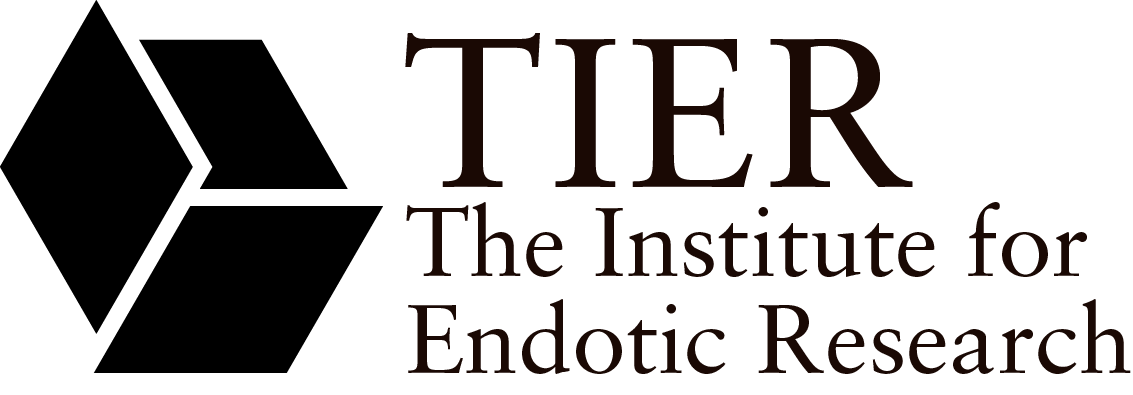 October 13,14 and 15(One-to-one encounters ). Romuald Krężel: Microclimate
October 13,14 and 15(One-to-one encounters ). Romuald Krężel: Microclimate
Part of the project Aurora: A Platform on Ecology, Interdependence and Mutual Aid
One-to-one encounters (30 min each):
Thursday October 13: 14:00, 15:00, 16:00, 17:00, 18:00
Friday October 14: 14:00, 15:00, 16:00, 17:00, 18:00
Saturday October 15: 14:00, 15:00, 16:00, 17:00, 18:00
One-to-one encounter in English of 30 min each. Please book a time slot in advance here: https://koalendar.com/e/
If you have a special question or request please contact us at: microclimateintier@gmail.com
Romuald Krężel – born in Poland, Berlin-based choreographer and performer. He received his MA in Choreography and Performance at the Institute for Applied Theatre Studies of Justus Liebig University Gießen/Germany. Romuald’s work is nourished by expanded choreographic practices that incorporate visual and performative elements. The resulting movement-based performances, site-specific installations, participatory projects, videos, and other hybrid formats, explore themes such as labor, resistance, class struggle, environmental catastrophes and the potential exchange between humans and more-than-humans. Romuald’s works have been presented in HAU Hebbel am Ufer in Berlin, HELLERAU – European Art Center in Dresden; Kunstverein and Künstlerhaus Mousonturm in Frankfurt; Kaserne in Basel, among others. romualdkrezel.com
Aurora. A Platform on Ecology, Interdependence and Mutual Aid
June–November 2022
A project prepared by The Institute for Endotic Research with MELT (Ren Loren Britton & Isabel Paehr), Linda Zhang & Dr. Biko Mandela Gray, Nnenna Onuoha, Shoufay Derz, mordo (Aline Baiana, Camila de Caux & Eric Macedo), Ana Alenso & Andrea Acosta, and Romuald Krężel.
For Nzeyimana this is umwaku: a piece of information, some news, or a comment, actual or false, that is troubling to the mind. The notion of umwaku is of an animistic origin. What makes such comment stirring is not so much its unsolicited delivery, but its pre-emptive, anticipatory resonance to a possibly feared, relatively undesired image of the oneself.
—Christian Nyampeta
Life did not take over the world by combat,
but by networking.
—Lynn Margulis
“Aurora. A platform on ecology, interdependence and mutual aid” is an interdisciplinary project initiated by TIER. The project is presented through workshops, exhibitions, podcasts and a reader publication. It departs from the notion of mutual aid, as a way to understand connections between ecology and interdependence. Aurora, which stands for dawn, is among the most common symbols for hope. The project goes beyond criticism, proposing actionable strategies for imagining better futures.
Zoologist and political scientist Piotr Kropotkin used the term mutual aid starting in 1880 to describe a model in which nature, in many observed cases, functions through collaborative entanglements. This perspective was confronting the one based on competition, proposed by the Neo-Darwinists, who sought a model of nature that justified the exploitative and competitive logic of capitalism from a scientific point of view. This capitalist model based on perpetual extraction is arguably one of the main reasons for the climate collapse.
Instead, the mutual aid model looked for a system that understands how all entities are entangled, and how species developed through collaboration in many cases. Scientist Lynn Margulis expanded on this model analyzing how symbiosis is at the basis of all life on Earth, and how this process is based on interdependence. Can the notion of mutual aid (understood both from biology and from politics) offer the tools to face the climate crisis and the developing collapse? By placing focus on interdependence, could it be possible to anticipate strategies against the climate collapse, learning from historical processes inscribed in the colonial program? What role does machine learning play?
The Institute for Endotic Research (TIER) seeks to combine these views and methodologies to produce a platform together with other institutions and collaborators, who work in a critical position between art, activism and science: how can we think and work within ecology from a decolonial perspective, and with the logic of mutual aid? Which kind of speculative fictions are possible to foster the imagination of alternative, more sustainable ways of coexistence among humans, nonhuman lifeforms and nonliving entities based on interdependence?
The platform “Aurora” will be presented from June to November 2022. Every month, there will be a new artistic installment at TIER, working as a spatial setting for hosting a workshop led by the invited contributors.
All events are free of charge. Limited places for the workshops are available. Registration for the workshops is required at auroraplatformtier@gmail.com
Design by Lilia Di Bella/Archive Appendix.
Aurora. A platform on ecology, interdependence and mutual aid is supported by:
